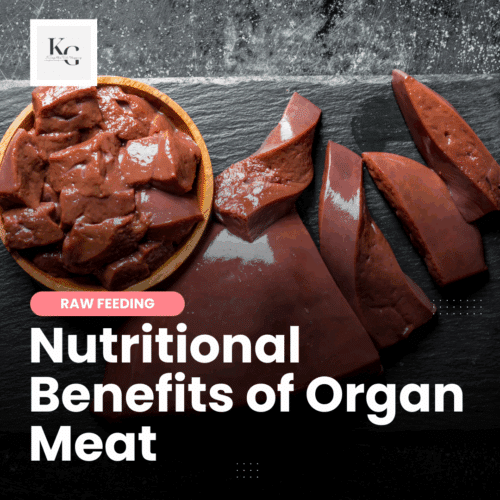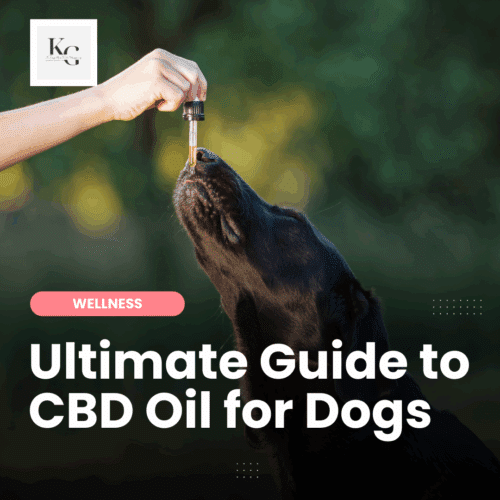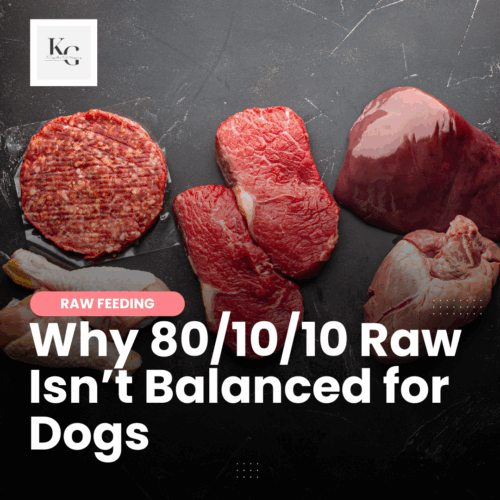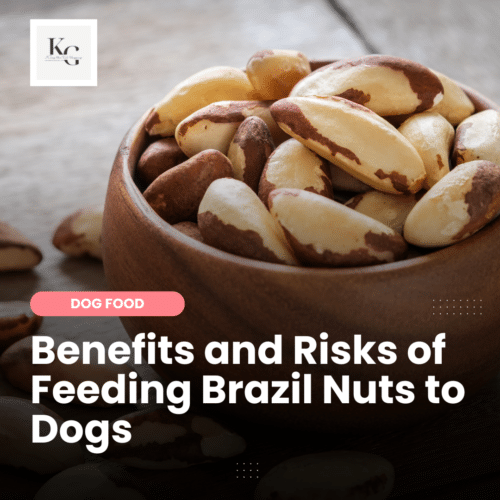Keep the Tail Wagging is supported by pet parents. I occasionally earn a commission (at no additional cost to you) when you click through an affiliate link to one of my favorite products. Thank you for your support. Read More
I remember my first cancer scare. I was petting Sydney and felt a lump on her side and was convinced that she had cancer. I called her veterinarian to make an appointment along with three of my friends. In the end, I learned that it was a fatty tumor. My vet was kind enough to do an x-ray and show me that she was cancer-free. Sadly, two years later, my girl passed away from hemangiosarcoma. These experiences and others taught me a lot about cancer, including how to identify a fatty tumor, how to treat a fatty tumor, and when to call our veterinarian.
Today, three of our dogs are sporting fatty tumors. Scout has two, one on each back leg. Rodrigo has two on his tummy. And Zoey has a teeny on her tummy too.
What is a Fatty Tumor?
A fatty tumor, or lipoma, is a collection of fatty cells formed into a mass that is beneath the skin and is common in senior dogs and some breeds:
- Weimaraner
- Dobermann Pinscher
- German Pointer
- Springer Spaniel
- Labrador Retriever
By the way, eleven breeds have a lowered risk of developing fatty tumors, including Yorkshire Terrier, Lhasa Apso, German Shepherd Dog, and Shih-Tzu.
Fatty tumors are usually soft (fatty), you can get your fingers around them (sometimes not completely depending on location), and they have limited mobility. There are no sores, rashes, or irritations on the skin over the lump, fatty tumors do not cause pain, and while they can grow larger, they are not cancerous. I’ve spoken to many people and have been advised that it’s not necessary to remove the tumor unless it is causing my dog discomfort or making it difficult for them to walk.
A dog may have developed a fatty tumor if they have a low metabolism and aren't very active (i.e. overweight). Fatty tumors may develop because the system isn't efficiently eliminating toxins. And, according to Chinese medicine, a fatty tumor is a sign that a dog is blocked and this stagnant Qi is a sign that a dog has too much phlegm in the system. I've also read that fatty tumors are common in senior dogs.
Removing Fatty Tumors Naturally
Will these steps remove fatty tumors? I hope so because this is what my reading has told me. But, at the very least, I think these steps will keep the fatty tumor soft (or make it softer), keep them from growing, and stop the development of new lipomas.
Given what I've read about fatty tumors, I now doubly make sure my dogs get plenty of daily exercise and I add the following to their diet to help the system naturally detox:
- milk thistle
- golden paste
- raw honey (I love Colorado Hemp Company's honey with turmeric and black pepper)
And one of our former veterinarians, who practices Chinese medicine, suggested that I follow the food energetics chart for transforming phlegm and the following foods can help prevent or decrease fatty tumors:
- kelp
- bell peppers
- shiitake mushrooms
- apples
- lemon peel
- orange peel
- basil
- ginger
- rosemary
- thyme
I add kelp and bell peppers to my dogs' veggie mix. I'll add basil, ginger, rosemary (the plant is not toxic to dogs), and thyme to my recipe. And we have apple trees so that I can add those as well.
But, despite doing all of these things, I didn't see a noticeable change in the fatty tumors in my dogs. Maybe this prevented new ones from forming or slowed the growth of the existing ones, but this didn't remove the fatty tumors.
But one thing did!
Other Ways to Reduce the Size of Fatty Tumors
Because fatty tumors grow in size, I looked for things I could do with my dogs and foods I could add to their diet that would at least stop their fatty tumors from growing and might even reduce their size.
Exercise – I have to keep the dogs moving. Two of my dogs have a dog walker twice weekly, and I walk our property two to three times daily with all of the dogs.
Golden Paste – my dogs get golden paste daily, so I make a large batch every few months. Turmeric is a natural anti-inflammatory that supports digestive health and protects the liver. The golden paste recipe I follow is quick and easy to mix up.
Natural Detox – Fatty tumors result from the system not eliminating toxins efficiently (or at all), which is why milk thistle, golden paste, and raw honey are a part of my dogs' diet.
Keto Diet – my dogs eat a raw food diet, but it's not always a keto diet. I find it easier to fast my dogs twice a week.
CBD Oil – while some say the jury is still out about whether or not CBD oil can prevent cancer. I did read that CBD oil helps reduce inflammation, can change cancer cells, and can reduce the reproduction of some cancer cells. I give my dogs CBD oil two to three times daily for anxiety, joint pain, and cancer. I believe CBD oil repairs the system while supporting good health in our dogs.
Should I Have My Dog's Fatty Tumor Removed?
I have spoken to several people, including four veterinarians, and the consensus was a little all over the place. Before any tests were done, I was told not to aspirate because we could get false-positive or false-negative results. Instead, my vet suggested that we start with x-rays and bloodwork when I found Sydney's first fatty tumor.
Depending on the location and size, a veterinarian may recommend removing or leaving it alone and continuing to monitor. In the end, I learned that the small fatty tumors found in my dogs are harmless. I still track when and where I find them and monitor them for changes/growth. If a fatty tumor impedes my dog's mobility or comfort, then we'll speak with the veterinarian about removal.
Sources for This Blog Post
Cancer is a serious topic, and if you’re coming across this blog post because you’ve discovered a fatty tumor on your dog, I highly encourage you to get in touch with your holistic veterinarian. Once you have a game plan, here are some additional resources that have helped me learn what’s happening with my dog.
- Why I Don't Remove Lipomas – Unless They Do This, Dr. Karen Becker
- 6 Herbs To Get Rid Of Fatty Tumors In Dogs
- Food Energetics Charts by Herbsmith, Inc.

















Thanks for asking. The lipomas never grew bigger in size.
Any updates? Did these changes help reduce or eliminate the lipoma?